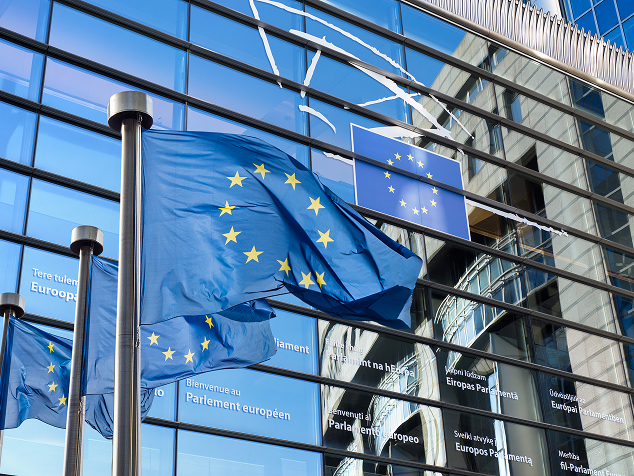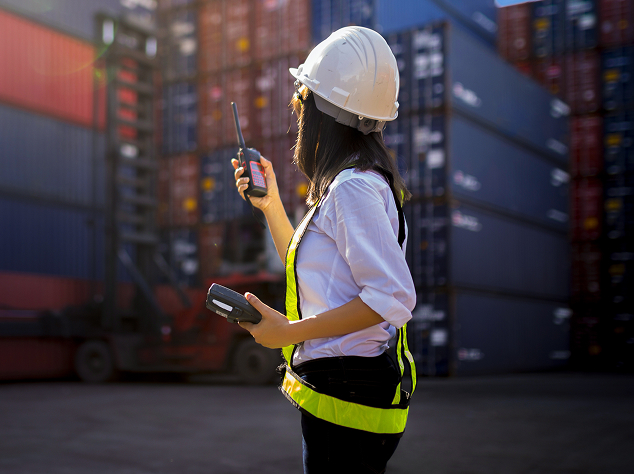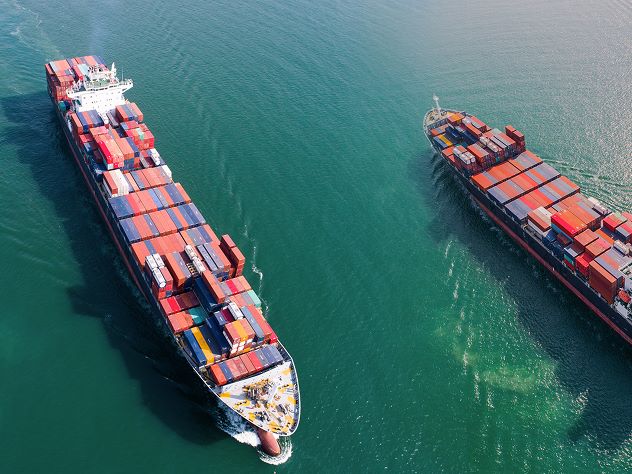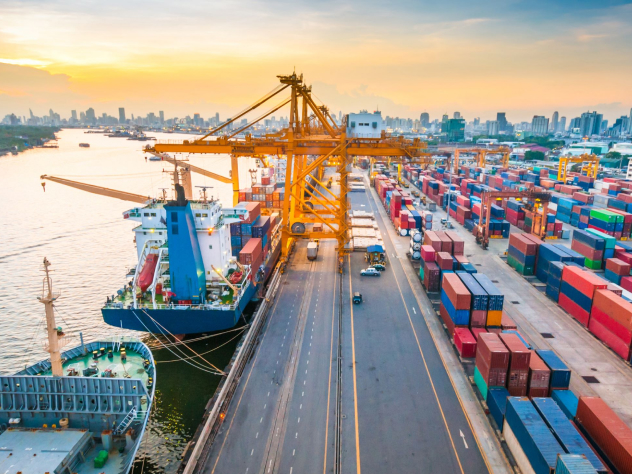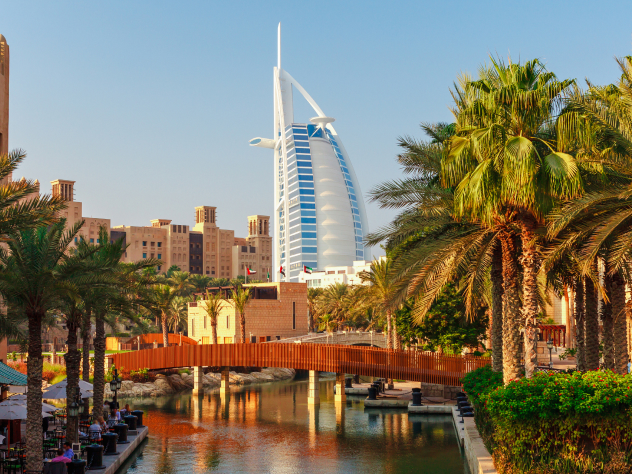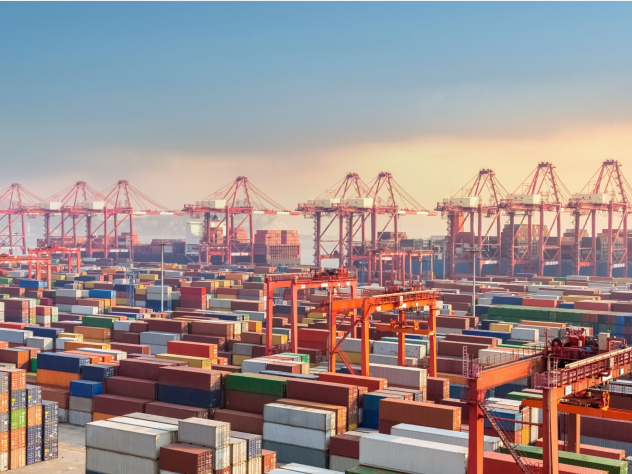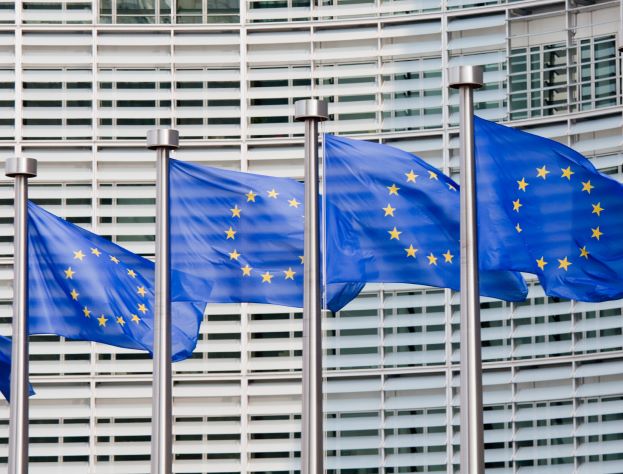Back Final run for Brexit: Open questions and the consequences for the logistics industry
Market Insights
Final run for Brexit – Interview with the customs expert Marc Bernitt
The interview has been conducted on 4 December 2020.
Marc, you have closely monitored the developments of all negotiations since June 2016. Today, what are the major points of dispute?
In principle, there are three main areas where both parties weren’t able to find a mutual agreement yet. First of all, the EU accuses Britain of wanting to retain access to the EU’s lucrative markets without agreeing to follow all its rules. Second, the EU also fears that Britain will slash social and environmental standards, as well as subsidise specific UK industries – thus developing into a low-regulation economic rival on the EU’s doorstep. Then, the third issue is granting EU fish industry sustained fishing rights in UK waters. Besides those major topics, there are still discussions not concluded regarding protection of personal data, climate change commitments or carbon taxation.
What consequence for companies trading between the UK and Europe are foreseen?
The UK have formally left the EU on 31 January 2020. A transition period was agreed between both parties until 31 December 2020, throughout which the UK still applies the EU customs rules and remains part of the single market. Independently of the outcome of the still ongoing negotiations, companies need to be aware and prepared that customs procedures will become mandatory on both trading blocks.
Due to the expected five-fold increase in customs declarations and a large number of unprepared businesses – worst case predictions fear that the over 7,500 lorries crossing the channel ports daily will need to queue. Consequently, this would lead to delays of shipments, and the absence of a trade deal, could further hamper deliveries.
Thus, on both sides, additional costs for tariffs and quotas need to be considered by businesses trading with each other. The UK has introduced a new UK Global Tariff (UKGT) replacing the EU's Common External Tariff, which will still be applicable until 31 December 2020. In the event of a Free Trade Agreement being successfully concluded between the EU and UK, this could potentially lead to a reduction of duty rates. However, businesses will still be obliged to submit customs declarations on both sides.
Nonetheless, how can companies get prepared?
In the first place, it is advisable to choose the right partner for customs clearance. Someone who not only understands the new customs regulations, but also knows how to effectively adopt such new provisions successfully into a viable operating model. Catering to the needs of both exporters and importers would also mean that businesses need to ensure their customs declarations are complete and comply with the new requirements – effectively mitigating any additional delays at the borders.
In the last 1.5 years at Kuehne+Nagel, we have invested in the organisational and operational set-up with approximately 200 trained customs experts spread across Europe. Next to this, we are connected closely to industry bodies, and we have also been appointed as trusted advisor to the UK government providing guidance in relation to the impact Brexit has on the logistics and customs industry. The captured insights and expertise have been incorporated into an IT solution, designed specifically for our customers to take the complexity out of Brexit: your easy Brexit solution.
By automating the process, we use the booking data and convert this automatically into export and import customs declarations. All this is supported with built-in checks and validated against completeness and compliance. This means that whilst shipments are still en route from the EU to the UK or vice versa, customs clearance is already executed thus preventing any avoidable delays.
There is no time to lose. Companies need to get prepared now.
About the expert
Marc Bernitt is Senior Vice President Customs Europe at Kuehne+Nagel. He has been working in customs for 35 years. It is this longstanding expertise in international trade and customs what makes him a passionate and credible advisor when it comes to the complexity of Brexit.



